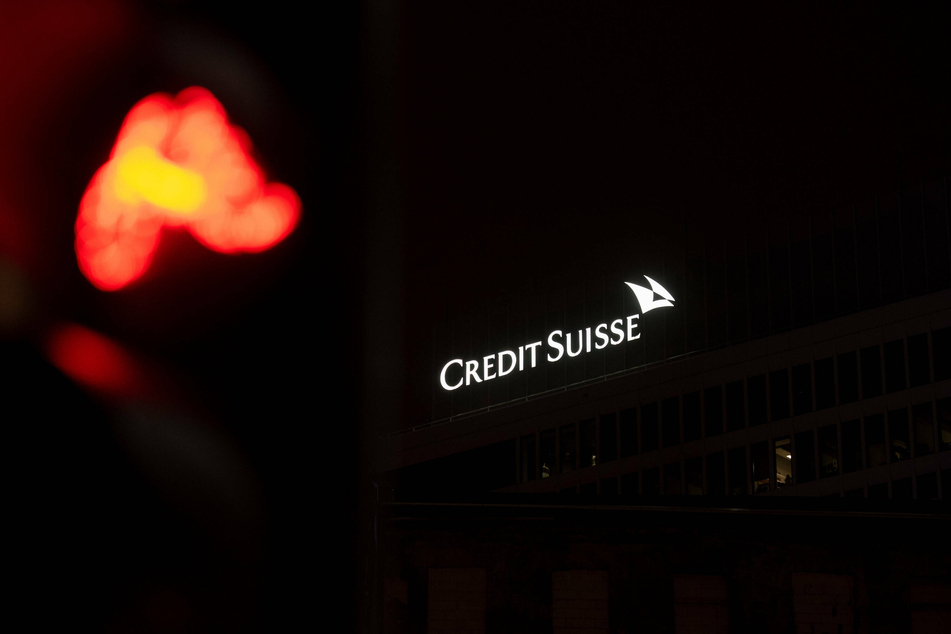Suisse secrets: Huge leak shows Swiss bank kept accounts for dictators, drug dealers, and worse
Zurich, Switzerland - One of the world's largest private banks, Credit Suisse, has allegedly accepted autocrats, drug dealers, as well as suspected war criminals and human traffickers as clients for years, a massive data leak revealed on Sunday.

According to research by a consortium of newspapers who were privy to the leak – including the New York Times, the Guardian, the German Süddeutsche Zeitung, and the French Le Monde – the documents expose the banking secrets of more than 30,000 Credit Suisse clients from around the world.
"The leak showed that Credit Suisse opened accounts for and continued to serve not only the ultrawealthy, but also people whose problematic backgrounds would have been obvious to anyone who ran their names through a search engine ," the NY Times wrote.
The bank vehemently denied the accusations on Sunday: "The account [...] is based on incomplete, inaccurate or selective information taken out of context, leading to tendentious interpretations of the bank's business conduct," the bank said, adding that 90% of the accounts cited had already been closed.
"We will continue to analyze the matter and take further action if necessary," the bank added.
According to internal bank data, numerous heads of state and government, ministers and heads of intelligence services, as well as oligarchs and cardinals are or were clients of Credit Suisse.
"I believe that Swiss banking secrecy is immoral," the anonymous source of the data said, according to the report. "The pretext of protecting financial privacy is merely a fig leaf to cover up the shameful role of Swiss banks as collaborators with tax evaders."
The data was analyzed in a joint effort between the Organized Crime and Corruption Reporting Project and 46 different media outlets around the world.
Cover photo: IMAGO / Aleksander Kalka
